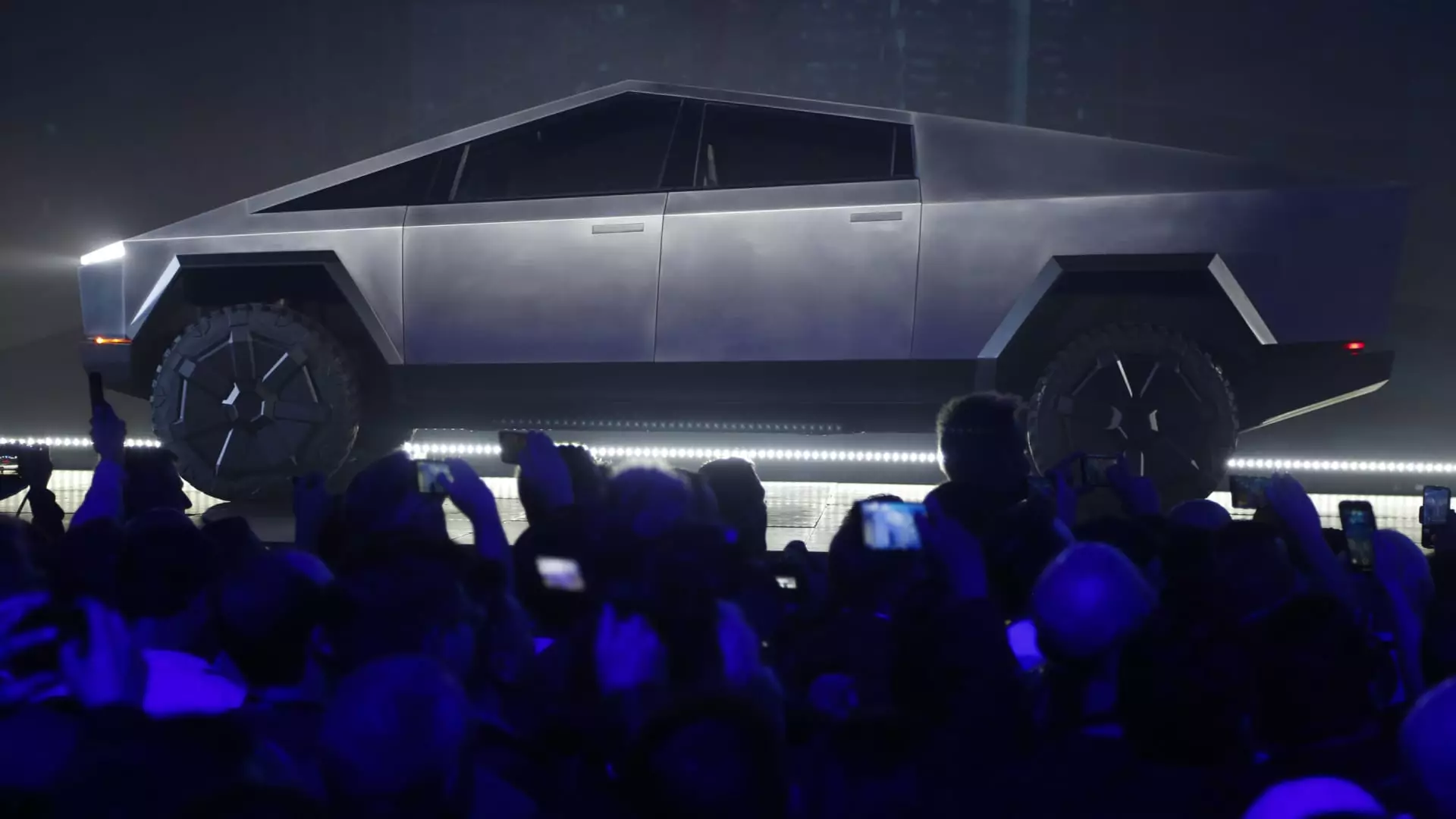Tesla recently issued two more recalls for its Cybertruck pickups in the U.S. This marks the third and fourth recalls for the electric vehicle, highlighting ongoing challenges faced by the automaker. The recalls involve physical repairs that require customers to schedule appointments with Tesla service. One of the recalls addresses problems with trim pieces that can become loose and fall off the trunk, posing a potential road hazard. The other recall is related to faulty motor controllers in the front windshield wipers, which may lead to reduced visibility and increase the risk of a collision. These issues point to quality control concerns that Tesla needs to address promptly to maintain customer trust and safety.
The Cybertruck was first unveiled by CEO Elon Musk four years ago, with production slated to begin two years later. However, the vehicle faced delays before hitting the market in November with limited deliveries. The launch event in Austin, Texas, showcased Musk’s vision of a revolutionary truck that blends utility with futuristic design. Despite the initial hype surrounding the Cybertruck, the recalls and quality issues have dampened the excitement among potential buyers. Tesla needs to work on streamlining its production process and ensuring that vehicles are thoroughly inspected before reaching customers.
In its first-quarter shareholder update, Tesla stated that Cybertruck production capacity surpassed 125,000 units per year. However, the slow start in deliveries and the series of recalls raise questions about the company’s ability to meet demand and maintain quality standards. With competitors like Ford’s F-150 Lightning and Rivian’s R1T gaining traction in the electric pickup market, Tesla faces stiff competition and must deliver on its promises to stay ahead. The recent record of 1,300 Cybertruck shipments in a week is a positive sign, but the company needs to address quality control issues to build long-term customer loyalty.
Despite its innovative products and strong brand image, Tesla has faced challenges in the stock market with a 25% decline year-to-date. Sales have also been affected by an aging product lineup, increased competition in key markets like China, and brand perception issues linked to CEO Elon Musk’s public statements. A recent survey highlighted concerns about Musk’s behavior impacting Tesla’s reputation, indicating the need for a more strategic approach to brand management. The company’s restructuring efforts, including workforce reductions, aim to improve efficiency and focus on core business priorities amidst external pressures.
Tesla’s Cybertruck represents a bold step into the electric pickup market, but it also highlights the complexity of introducing new technologies and designs. The recalls and quality issues underscore the importance of rigorous testing and quality assurance in vehicle manufacturing. Tesla must address these challenges promptly to regain customer confidence and maintain its position as a leader in the electric vehicle industry. By focusing on product quality, customer satisfaction, and market competitiveness, Tesla can overcome current setbacks and drive innovation in the future.


Leave a Reply